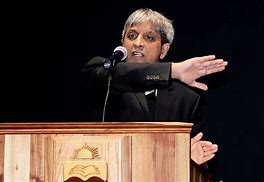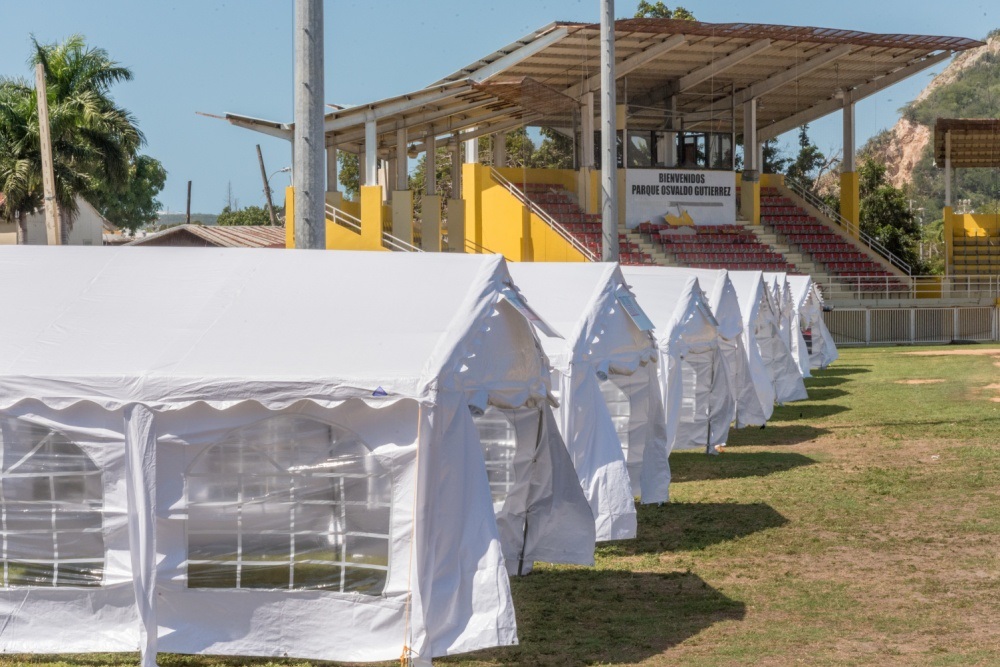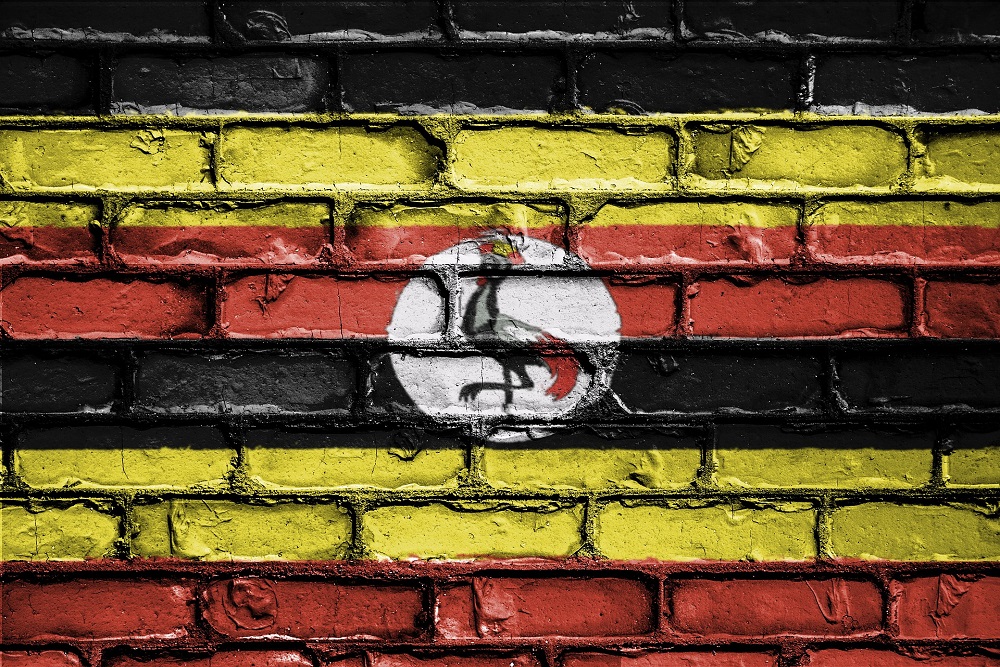In February 2020, Witwatersrand vice–chancellor Adam Habib announced to step down amidst a crisis in university funding.
In a flurry of social media posts, the university don says that institutions will escalate into protests stemming from adverse political decisions, inefficient policy, and a sham promotion system.
Habib’s outpour comes amid historic debt protests taking place in the whole country and claims that the National Student Financial Aid Scheme (NSFAS)had not been disbursed. Habib reiterated that at the center of the ongoing protests facing universities is the crisis in university funding.
Accommodation would have been resolved with proper funding
In his tweets, Adam advised that if universities were properly funded, issues like accommodation would have been resolved.
After students took to the streets to protest against hiked fees, the government was compelled to offer grants that covered tuition and accommodation for families with less than R350,000 annual income.
The alternatives would have been bank loans or comprehensive grants which had advantages and disadvantages. One of the looming disadvantages to the students would be the debt incurred by the students after employment. The grants would be the best option for students as they would not incur any debts. However, R200 billion would be too expensive for the government to undertake.
Adam believes the grants were a campaign tool to lure voters from low-income families, not as a solution to the crisis in university funding.
On the upside, the grants would ensure that students were debt-free as they started working and on the downside, the grant would only cover 50 percent of the students leaving out the middle students.
Crisis in university funding, the reason for students’ unrest
Habib reiterated that the students who lack funding and accommodation are the reason for the current ensuing protests and instability. He believes the solution would have been a loan scheme that covered 100 percent of the students to avert the crisis in university funding.
Furthermore, the students who score dismally twice, lose their score and are unable to cover their overhead costs, hence escalating the crisis in accommodation. Habib also heaped blame on the police urging them to arrest arsonists who destroy property in the institutions of higher learning.
In 2021, Habib is expected to join the School of Oriental and African Studies in London.
Feature image credits: Pixabay







